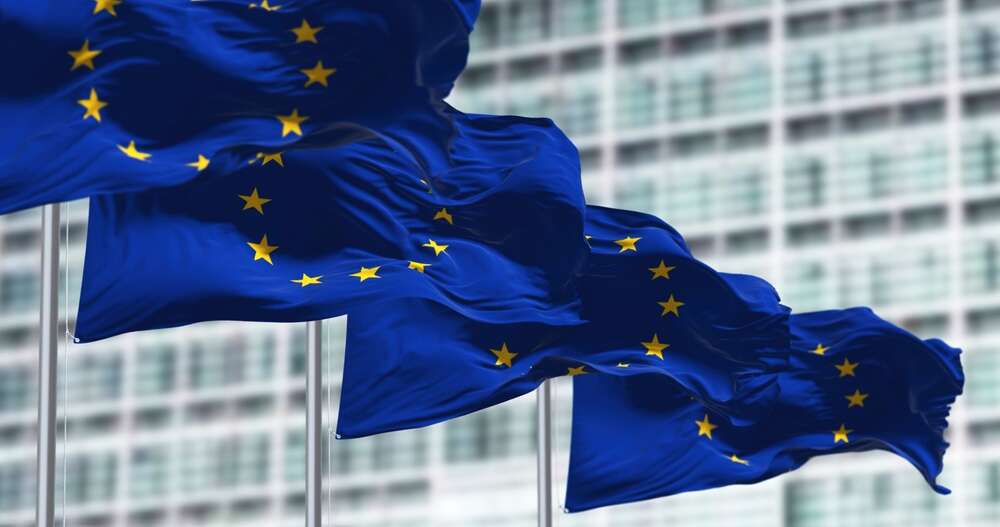
The EU AI Act has cleared its latest legislative hurdle after winning the approval of two crucial committees in the European Parliament. In sessions convened earlier today, the complex legislation was endorsed by the Committee on Internal Market and Consumer Protection (IMCO) and the Committee on Civil Liberties, Justice and Home Affairs (LIBE.) The approval of these legislative bodies paves the way for a final vote of the European Parliament on the EU AI Act later this year.
Today’s announcement from the LIBE and IMCO committees was, wrote MEP Maria Graca Carvalho on X (formerly Twitter) “a significant achievement in promoting innovation and ensuring proper regulation within the EU.”

EU AI Act most comprehensive AI regulation yet
The EU AI Act is, so far, the most comprehensive and far-reaching legislation regulating AI proposed. Unlike other frameworks being built in the UK and the US, the EU law has been written to closely supervise the development and rollout of advanced AI models according to the risks they present to society and the wider economy.
The EU AI Act’s swift endorsement by the LIBE and IMCO committees bucks predictions made earlier this year by critics that the intended timeline for its passage and implementation was too swift. Originally conceived in April 2021, the law had to be rewritten last year after the rise of generative AI negated much of its initial provisions in the eyes of member states. However, after a negotiating session between MEPs and diplomats in December that ran so long that participants temporarily ran out of food and coffee, consensus was finally reached on the extent to which AI should be regulated within the EU without inhibiting innovation.
Final vote expected in April
Though the EU AI Act in its current form still met with resistance from some quarters, this failed to prevent EU ambassadors from endorsing the legislation in their own meeting earlier this month. Today’s swift vote on the act by the LIBE and IMCO committees effectively clears the way for a wider vote on the legislation by the European Parliament, expected to take place in April.
As such, companies should begin to prepare now for the implementation of the EU AI Act later this year, said Dynatrace’s CTO, Bernd Greifeneder. “The majority of organisations will likely find that they are using what the EU defines as “minimal to no risk” AI models,” said Greifeneder. “These models don’t fall directly under the influence of the AI Act, but the EU is encouraging organizations to commit to voluntary codes of conduct to better manage their risk. It is vital that they take this advice seriously, or organizations may find that despite being “compliant”, they are exposing themselves to risk.”






